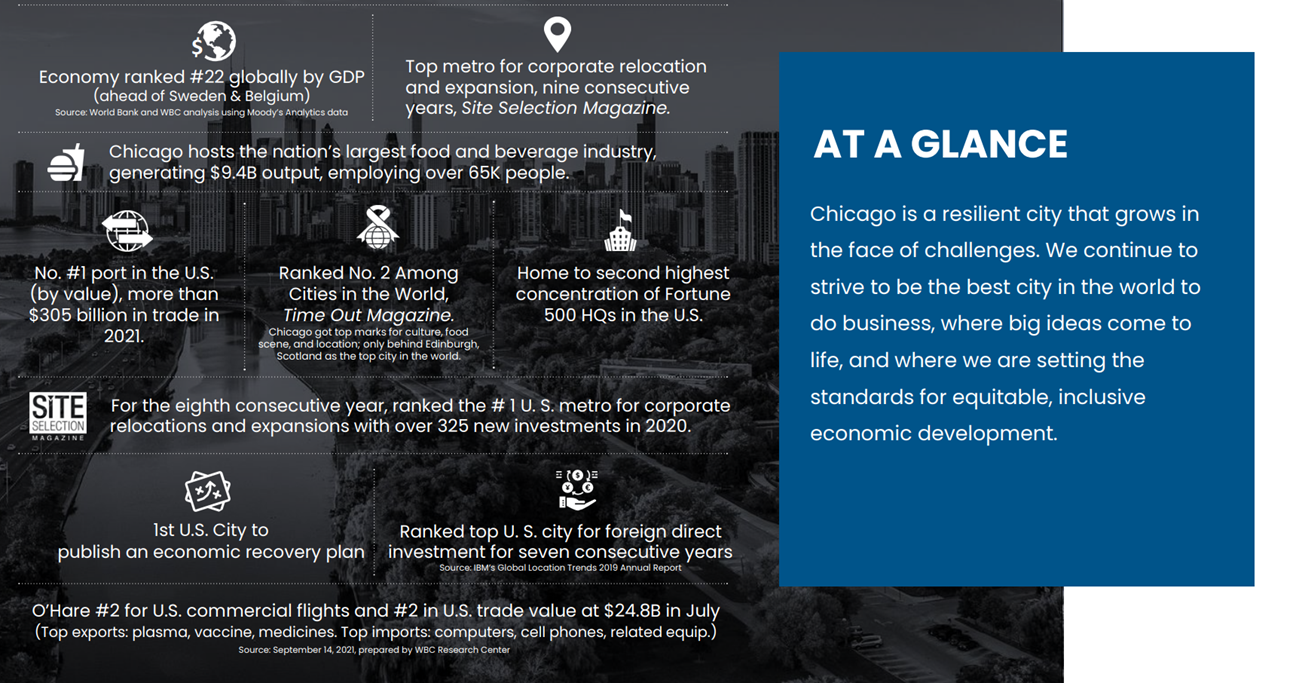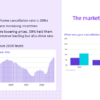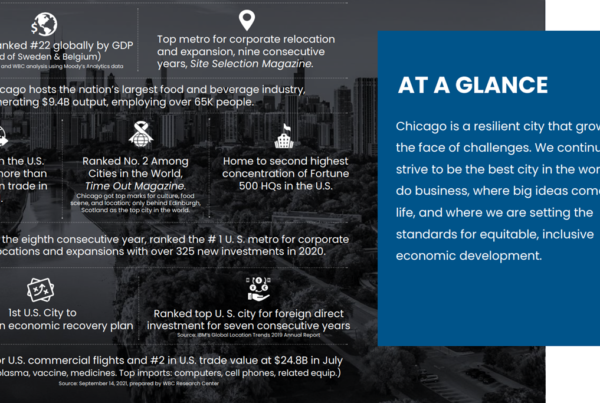Jerry Brown, Siegal & Callahan: Good news that the city finally selected a new permanent head for the Department of Planning & Development (Ciere Boatright). Everyone is optimistic that she will do well in the role. In the last few days, the second installment of the property tax bills was released. This year was the reassessment of the northern suburbs. The overall increase is 15.7% with the bulk of that increase being absorbed by residential properties. Driving that increase goes back to the covid property reductions that the assessor put in place in 2019. There are many who did not believe there was a basis for doing that reduction, but it was done because the thought was housing values were going to decline and they did not; they increased. So, this increase makes up for the improper decrease. Information and the impact of the Recapture Law is also a hot topic of discussion because a successful recapture refund comes out of the operating revenue of the taxing district — which is a serious problem. For a small taxing district who might have to write a half-million dollar check because a property got a big rebate, can cause many challenges.
Kristina Bonesteel, Siegel & Callahan: Focus mostly on property tax in the Chicago area/Illinois but also serves clients nationally across many other states. Appeal processes and the impact of that process when a property changes its purpose was discussed along with how taxing processes work in various counties and states.
Alissa Adler, Colliers International: Continues to meet frequently with lenders. A lot of chatter is going on regarding insurance and the lack thereof (especially the coastal cities). Borrowers just can’t get the insurance which really impacts multifamily (who were thin to begin with). CLO’s (Collateral Loan Obligations) may see more activity in the coming year or possibly in Q4 2023. A lot of big portfolios are going into receivership so just trying to figure out what the strategy will be with these properties. In short, a lot of buzz and uncertainty. On the bright side, they are seeing some of the buildings come back. Thirty North LaSalle just came back to the lender and are waiting to see if a TIFF will come through. Lastly, the migrant crisis is also creating many challenges where buildings are being converted to house them which could have a long-term impact on property values.
Paul Robertson, The Opus Group: Experiencing a lot of challenges as they work on projects where they are converting offices to residential/multifamily space. The amount of money to renovate an office building is staggering and it is a select group of properties that it works for. And, there are many municipalities who are reluctant to rezone for multifamily. That said, believes this conversion trend will continue and hopes to see things come around as values come down and tax revenue comes down. His goal is to find development sites in the suburban areas (staying out of Cook County).
Hart Passman, Elrod Friedman – The climate remains skittish about investing. In a market where people are so nervous about cost, taxes, crime, etc. the land use speculation gets diminished. Deals are still happening, but most are very unique, or it is developers sitting in the markets they know with a plug and play mentality. There is a new “management tax” being proposed (formerly referenced as a “transfer tax”) but the city council delayed a vote by another week. It is anticipated to pass however it will be interesting to see the outcome. Transfer taxes are really unpopular. People don’t like that an already expensive transaction gets more expensive (in order to fund the government) and it will have a dramatic effect on commercial real estate transactions in the City of Chicago.
Dean DeLisle, S2A Modular: Seeing a trend throughout the country for more multifamily properties that are faster and a lower cost build. These BTR (build-to-rent) communities range from one acre to thousands of acres and are very popular. The homes tend to be very small (as small as 300 square feet) but the price point is attractive. Also seeing a turn from traditional construction at a high rate moving to modular so they can turn their projects faster and have less of a trade issue on job sites and then keeping those trades for other developments. It will be interesting if this trend is sustainable.
Matt Berry, The John Buck Company: The past few months have been very challenging. They have several older deals that need to be wrapped up that could likely result in their remaining equity being wiped off the table. The office asset has its own set of problems (e.g., a vacated, older building) and though the multifamily asset is a strong asset (93% leased with record breaking rents), it didn’t do well when they took it to market. The offers came in under the outstanding debt. Two years ago, they received an offer of $217M for the real estate asset; two years later, offers are coming in at $140M. There is no avenue for them to protect their existing equity with additional capital. In short, essentially in a stall and survive mode until the freeze on the capital markets lifts.
Cory Walz, Walz Capital, LLC: Contrary to the sentiment in the general market, they are seeing a lot of opportunities. Their medical office space arena remains active and competitive. They are buying in a lot of secondary markets (e.g., St. John vs. Chicago) and occupancy rates across medical office space is at 93 percent. Things are actually going well in this area.
Rhea Stephen, CoStar Group – Multifamily – seeing a lot of multifamily properties going to auction. Cap Rates – even with medical office, cap rates are going up. Retail – just wrote the market report and it is interesting to see the price per square foot across the nation. The big markets have the biggest deal volume, but the bigger you are the harder you fall. In her latest article on the industrial market, she noted that Chicago’s industrial is (for the first time) the lowest in Chicago vs the national average. The reason for this situation is two-fold (1) Chicago is not overdeveloped like other markets; and (2) people are not moving.






Recent Comments